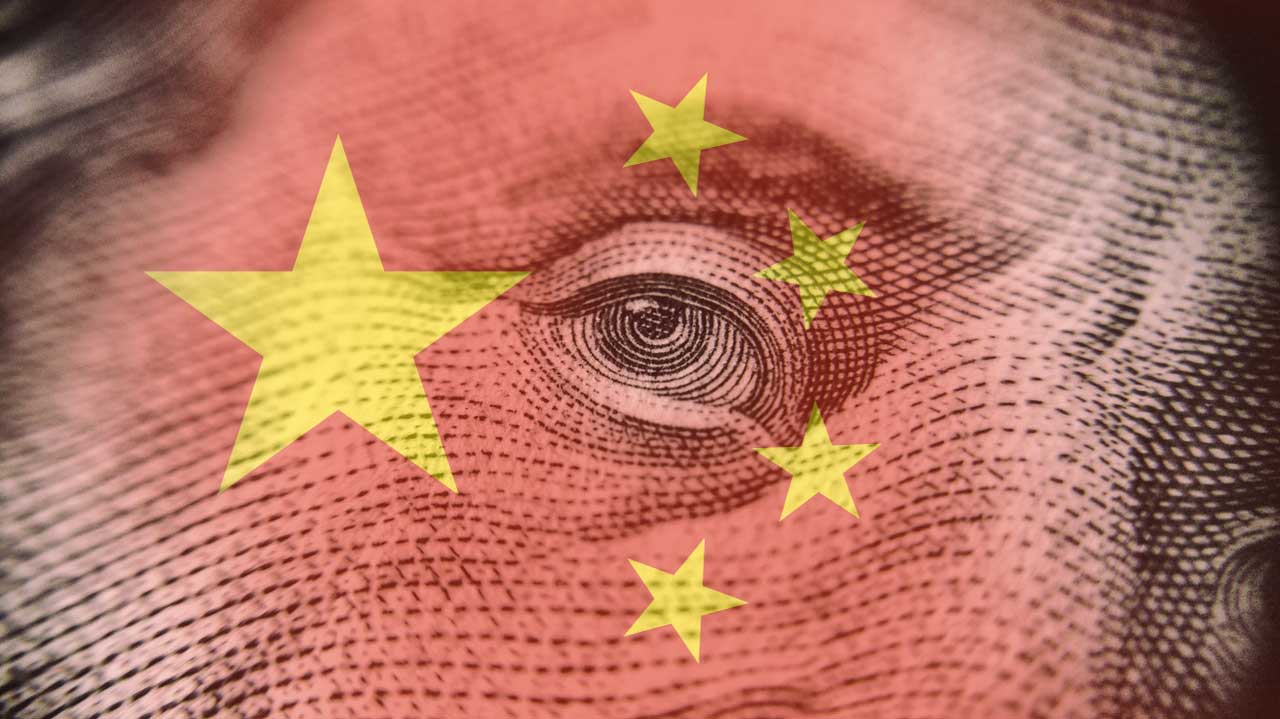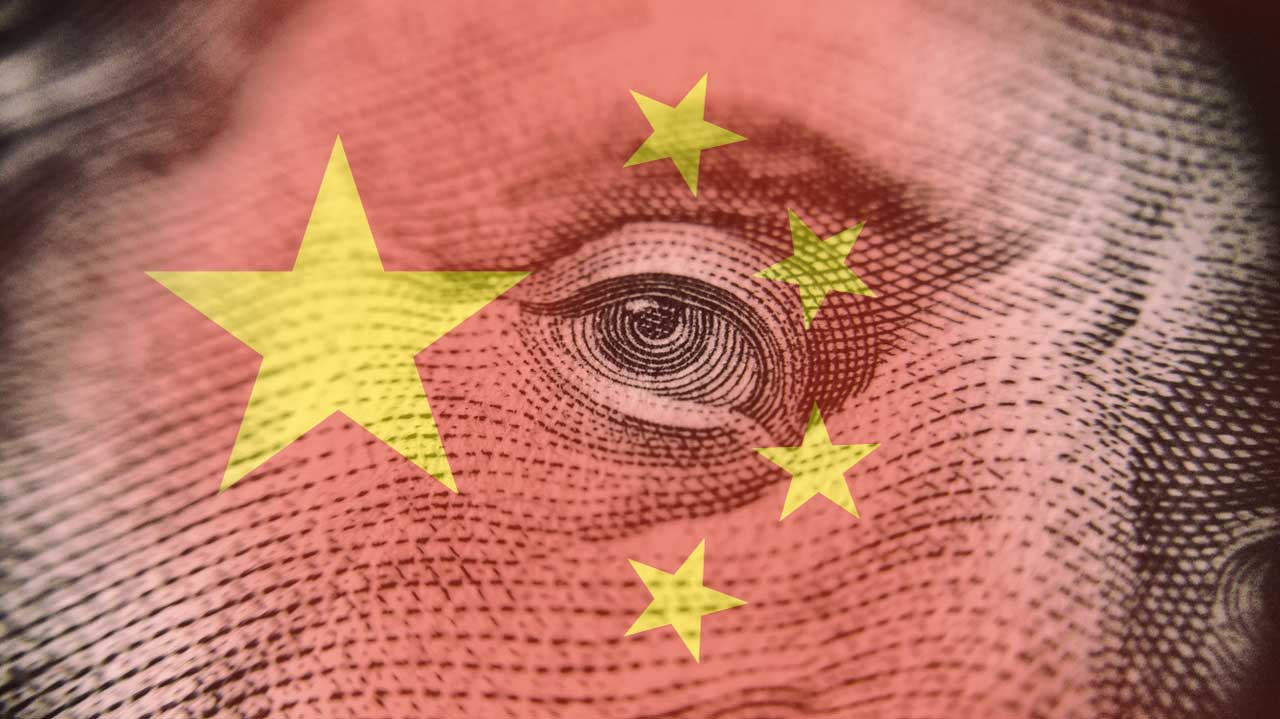The Great Russian Energy Divestment
Big Oil finally grows a spine – to China’s delight

Western oil majors are fleeing Russia. Having bankrolled Moscow’s bellicose expansionism for years, Big Oil has finally taken the moral high ground. A fire sale of meaty assets looms, creating a golden opportunity for state-owned Chinese enterprises. Sanctions and divestments look set to trigger a great transfer of wealth from Western capital holdings to the People’s Republic of China.

There is a view going around that the West’s response to Russia’s brazen assault on Ukraine will herald a new world order. The opposite could be true: it will entrench the current one.
The Russian banking system is collapsing under the weight of Western sanctions. The Russian state will deservedly become a financial pariah for many years, perhaps a generation, for its abominable actions in Ukraine.
The slew of divestment announcements of recent days comes amid punitive sanctions meted out by Western powers against Moscow. These actions could push Russia further into China’s orbit and undermine petrodollar hegemony. Here’s how it’s unfolding.

Member discussion: The Great Russian Energy Divestment
Read what members are saying. Subscribe to join the conversation.





